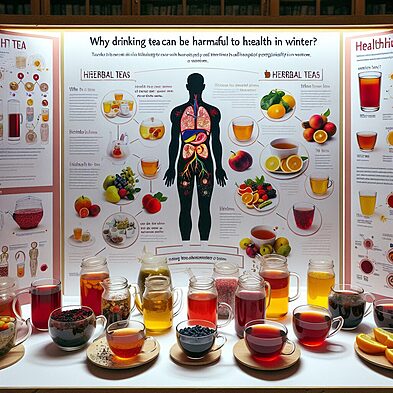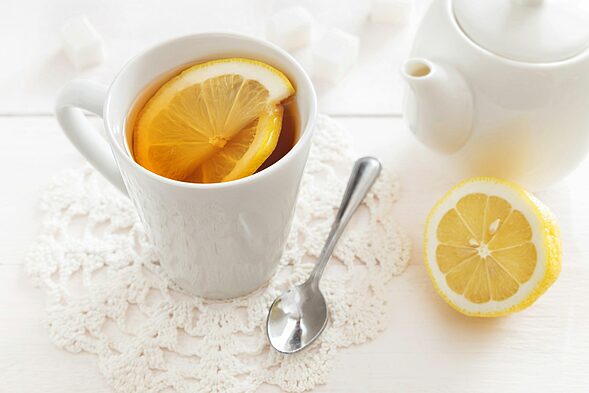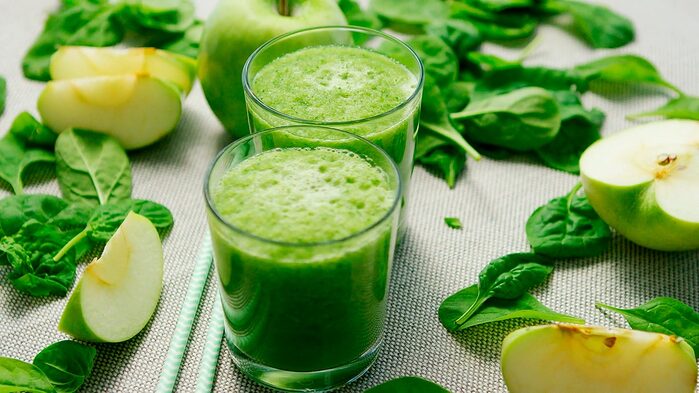Table of Contents
- The Dangerous Effects of Tea on Health in Winters
- The Dark Side of Tea Consumption
- 1. Caffeine Overload
- 2. Dehydration
- 3. Interference with Nutrient Absorption
- 4. Dental Health Concerns
- Healthy Alternatives to Tea
- 1. Herbal Infusions
- 2. Warm Lemon Water
- 3. Hot Milk with Turmeric
- 4. Green Smoothies
- Summary
The Dangerous Effects of Tea on Health in Winters

Tea is one of the most popular beverages consumed worldwide. It has been enjoyed for centuries and is often associated with numerous Health benefits. However, it is important to recognize that excessive Tea consumption, especially during winters, can have detrimental effects on our Health. In this article, we will explore the reasons why drinking Tea can be injurious to Health, particularly in winters, and discuss healthy alternatives that can be incorporated into our daily routine.
Chai pina kyon Swasthya ke liye Hanikarak hai?

The Dark Side of Tea Consumption
While Tea is often praised for its antioxidant properties and potential Health benefits, it is crucial to understand the negative aspects associated with excessive Tea consumption. Here are some reasons why drinking Tea can be harmful to our Health:
1. Caffeine Overload
Tea contains caffeine, a stimulant that can have both positive and negative effects on our body. While moderate caffeine intake can provide a temporary energy boost, excessive consumption can lead to various Health issues. In winters, when our body naturally craves warmth and comfort, excessive caffeine intake can disrupt our sleep patterns, cause restlessness, and even lead to anxiety and irritability.
2. Dehydration
Contrary to popular belief, Tea can actually contribute to dehydration. Although it contains water, the caffeine content in Tea acts as a diuretic, increasing urine production and potentially leading to fluid loss. In winters, when the air is dry and our body requires more hydration, excessive Tea consumption can exacerbate the problem and leave us feeling even more dehydrated.
3. Interference with Nutrient Absorption
Tea, especially black Tea, contains compounds called tannins that can interfere with the absorption of certain nutrients, such as iron and calcium. This can be particularly problematic during winters when our body needs these nutrients to support our immune system and maintain bone Health. Excessive Tea consumption can hinder the absorption of these vital nutrients, leading to deficiencies and weakened immunity.
4. Dental Health Concerns
Tea, particularly when consumed with sugar or honey, can have negative effects on our dental Health. The natural tannins present in Tea can stain our teeth, leading to discoloration and a dull smile. Additionally, the high sugar content in sweetened Tea can contribute to tooth decay and cavities. In winters, when our immune system is already vulnerable, maintaining good oral Health becomes even more crucial.
Healthy Alternatives to Tea
While it may be challenging to give up the comforting ritual of drinking Tea, there are several healthy alternatives that can provide warmth, hydration, and various Health benefits. Here are some alternatives to consider:

1. Herbal Infusions
Herbal infusions, such as chamomile, peppermint, or ginger Tea, are excellent alternatives to traditional Tea. These infusions are naturally caffeine-free and offer a wide range of Health benefits. Chamomile Tea, for example, can promote relaxation and improve sleep quality, while ginger Tea can aid digestion and provide relief from cold symptoms. These herbal infusions can be enjoyed hot during winters, providing warmth and comfort without the negative effects of caffeine.
2. Warm Lemon Water

Starting your day with a warm glass of lemon water can be incredibly beneficial for your Health. Lemon water is hydrating, aids digestion, and provides a boost of vitamin C, which is essential for a strong immune system. Adding a slice of ginger or a dash of honey can enhance the flavor and provide additional Health benefits.
3. Hot Milk with Turmeric

Turmeric has long been recognized for its anti-inflammatory properties and numerous Health benefits. Combining a teaspoon of turmeric with warm milk creates a soothing and nourishing beverage. This golden milk can help boost immunity, reduce inflammation, and promote better sleep. Adding a pinch of cinnamon or a drizzle of honey can further enhance the taste.
4. Green Smoothies
Green smoothies are an excellent way to incorporate a variety of nutrients into your daily routine. Blend together leafy greens, such as spinach or kale, with fruits like bananas or berries, and a liquid base like coconut water or almond milk. This nutrient-packed beverage provides hydration, antioxidants, and essential vitamins and minerals. It can be enjoyed at room temperature or slightly warmed during winters.

Summary
While Tea has been enjoyed for centuries and is often associated with numerous Health benefits, excessive consumption, especially during winters, can have detrimental effects on our Health. The caffeine overload, dehydration, interference with nutrient absorption, and dental Health concerns associated with Tea consumption make it important to explore healthier alternatives. Herbal infusions, warm lemon water, hot milk with turmeric, and green smoothies are just a few examples of beverages that can provide warmth, hydration, and various Health benefits without the negative effects of excessive Tea consumption. By incorporating these alternatives into our daily routine, we can enjoy the comforting ritual of a warm beverage while prioritizing our Health and well-being.






